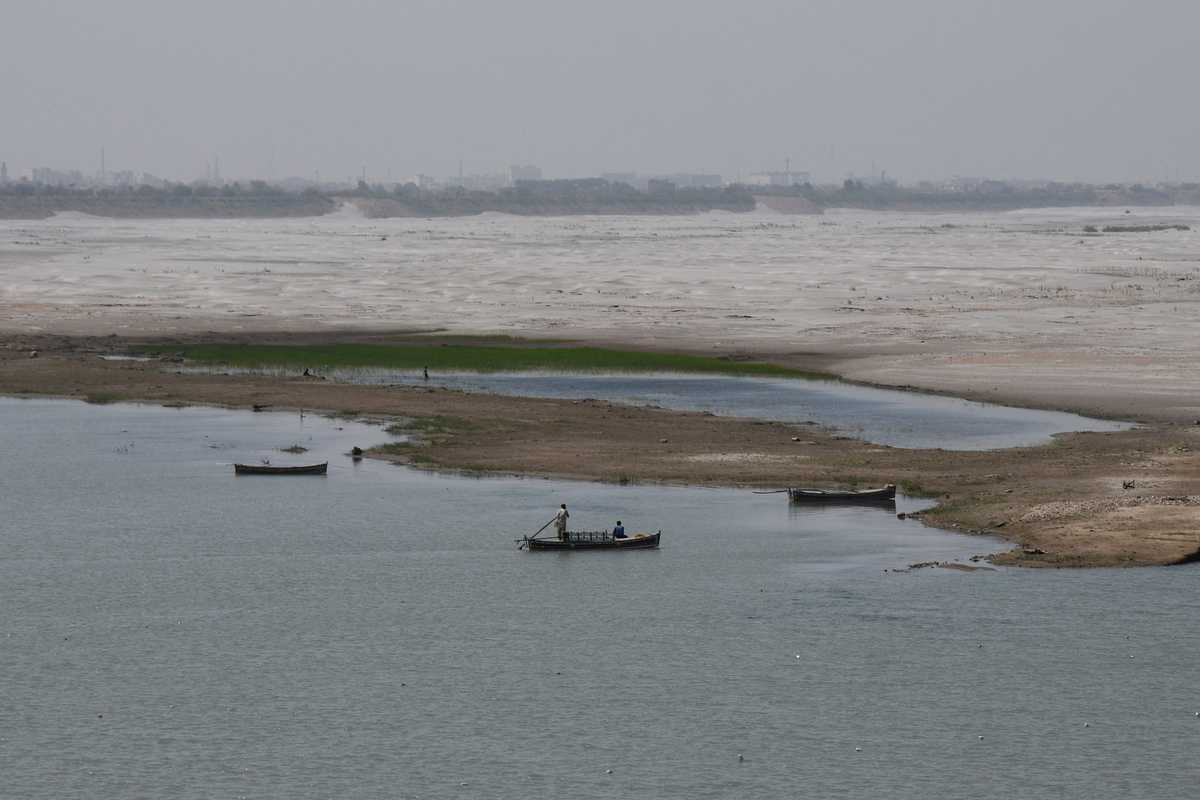Pakistan sources claim India struck key dam after water-sharing treaty suspension
Early morning strike reportedly hit the strategic Neelum-Jhelum hydropower plant in Pakistan-administered Kashmir

Aamir Abbasi
Editor, Islamabad
Aamir; a journalist with 15 years of experience, working in Newspaper, TV and Digital Media. Worked in Field, covered Big Legal Constitutional and Political Events in Pakistan since 2009 with Pakistan’s Top Media Organizations. Graduate of Quaid I Azam University Islamabad.

Pakistani security sources say India struck the Neelum-Jhelum Dam in Pakistan-administered Kashmir
Alleged strike occurred at 2 a.m. Wednesday
India has not confirmed the dam strike but said it hit 'terrorist camps'
India targeted a key Pakistani dam just days after unilaterally suspending the Indus Waters Treaty, a decades-old pact governing water-sharing between the two countries, Pakistani security sources said Wednesday.
The early morning strike reportedly hit the strategic Neelum-Jhelum hydropower plant in Pakistan-administered Kashmir, damaging key components, the sources said.
Islamabad condemned the move as an attempt to weaponize water and a direct assault on Pakistan’s environmental and energy security.
Security officials said Indian forces struck the intake structure of the Noseri Dam, part of the hydropower project, at around 2 a.m. local time, damaging intake gates and a hydraulic protection unit. An ambulance on site was also hit. No casualties were reported.
“This strike on a critical water reservoir is a blatant violation of international laws and norms,” said a senior security official.
Why is it important?
The Neelum-Jhelum project is a major hydropower facility located near the Line of Control.
It plays a vital role in Pakistan’s energy supply, with a total installed capacity of 969 MW across four generating units.
The project faced multiple delays due to funding issues, technical challenges, and regional instability, but made substantial progress under the China–Pakistan Economic Corridor (CPEC) initiative. The first unit began operations in April 2018, and the project reached full capacity by August the same year.
What did India say?
India has not directly commented on the dam strike. However, during a press briefing Wednesday, Indian Foreign Secretary Vikram Misri said New Delhi had targeted "terrorist camps” used for recruitment, indoctrination, and weapons storage.
The latest escalation comes after India’s Operation Sindoor on April 22, which struck sites in Pakistan and Pakistan-administered Kashmir in response to a deadly attack in Pahalgam, Indian-administered Kashmir, that killed 26 people. The operation marked a sharp rise in cross-border hostilities, including shelling, airspace closures, and civilian casualties.
What do experts say?
Speaking to Nukta, Islamabad-based analyst Imtiaz Gul said, “Regardless of who was behind the attack, India is clearly leveraging it to increase pressure on Pakistan… escalating political tensions, fueling anti-Pakistan sentiment, and suspending the Indus Waters Treaty.”
He added, “India is employing a multi-pronged strategy—domestically and internationally—to isolate Pakistan,” including outreach to the UN, IMF, and FATF.
Gul predicted that eventual de-escalation would likely require mediation from major global powers like China, Russia, and the United States.







Comments
See what people are discussing